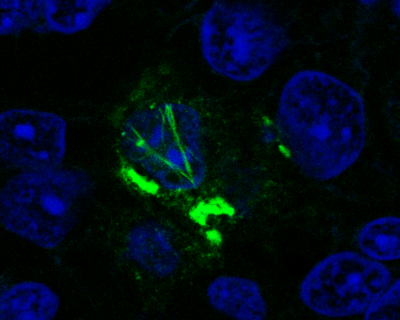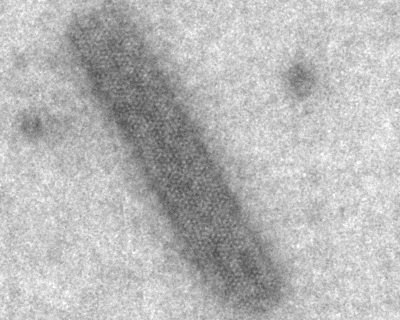PID2020-115403RB-C22
PID2020-115403RB-C22
Diarrhoeal disease is one of the top 10 causes of death and the second most common in developing countries. Viruses such as human noroviruses (hNoVs) and human rotaviruses (hRVs) are, in turn, one of the most important causes of acute gastroenteritis, the symptoms of which are diarrhoea, vomiting and dehydration, among others, and can lead to death in severe cases. Carbohydrate binding is a common mechanism that many viruses and other microorganisms use to bind to host cells, including hNoVs and hRVs. Mutations in the FUT2 or FUT3 genes lead to a complete or severe absence of their corresponding fucosyl-transferases, resulting in the absence of α-1,2- or α-1,3/4-fucosylated antigens, respectively. The absence of these sugars has been associated with reduced susceptibility to infection by both hNoVs and hRVs.
A large and diverse population of commensal microorganisms consisting of bacteria, viruses, fungi and parasites inhabits the gastrointestinal tract. hRVs and hNoVs as enteric pathogens interact with members of the microbiota. This interaction results in both beneficial and detrimental effects for the host in that the gut microbiota can possess inhibitory effects, but also favour viral infectivity through various mechanisms.
In contrast to influenza A viruses and SARS viruses, intestinal hRVs and hNoVs do not exhibit any glycosidase activity. Because these enteropathogens have co-evolved with the gut microbiota, we hypothesise that this microbiota could influence viral infectivity by providing the glycosidase activities required for the virus to free itself from its glycan receptors and continue with the next steps in the viral infection process. For these reasons, the main objective of the present project is to study the role of glycosidases produced by members of the microbiota in hRV and hNoV infections. To achieve the main objective of the project, the following specific objectives are proposed:
- To determine the role of human glycosidases in the infectivity of human rotaviruses and noroviruses in vitro;
- To analyse the antiviral effect against human rotaviruses and noroviruses conferred by bacterial glycosidases in a mouse model;
- To assess the effects on infectivity provided by specific bacterial strains on human rotavirus and norovirus infections in vitro; To analyse the antiviral activity provided by bacterial glycosidases on human rotavirus and norovirus infections in a mouse model
- To analyse the antiviral activity provided by specific strains of bacteria in human rotavirus and norovirus infection in the mouse model.
HBGAs, Rotavirus, Norovirus, Glicosil hidrolasas
- Rodriguez Diaz, Jesus
- PDI-Titular d'Universitat
- Gozalbo Rovira, Roberto Vicente
- PDI-Ajudant Doctor/A
- Santiso Bellon, Cristina
- PI-Postd_Conselleria_Ant.Apostd2022
- Carcamo Calvo, Roberto
- PI-Pred_Conselleria Acif Gva
Dr. Jesús Rodríguez Díaz
Dept. of Microbiology and Ecology
Faculty of Medicinae
Universitat de València
Av. Blasco Ibáñez, 17
46010 Valencia, Spain
Tel. +34 96 398 33 16
Fax +34 96 386 49 60
Mail jerodiaz@uv.es
Ministry of Science and Innovation
Institute of Agrochemistry and Food Technology
- MCiencia - Innovation














